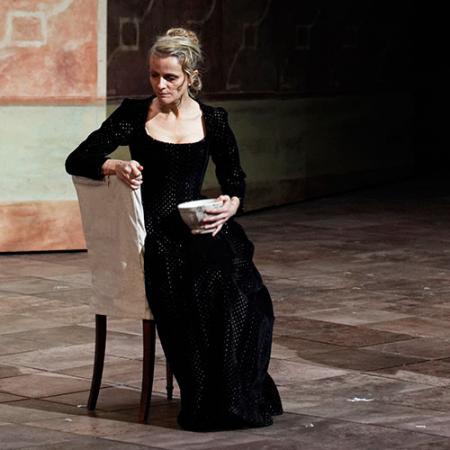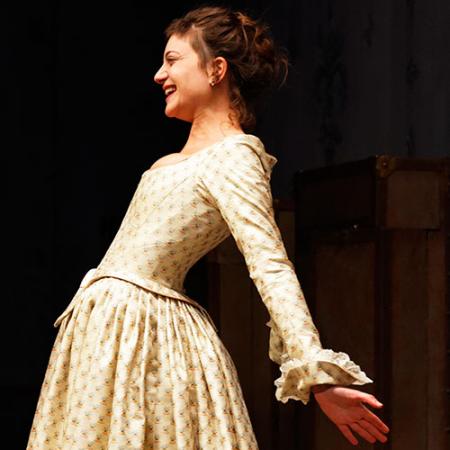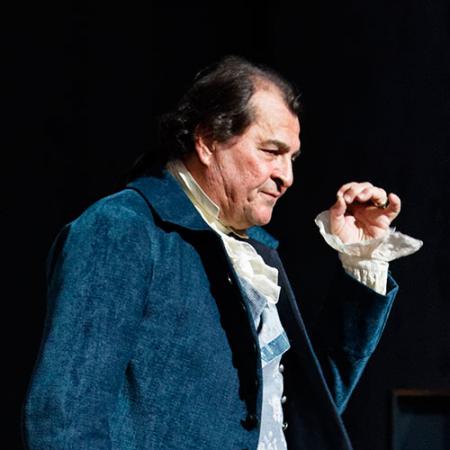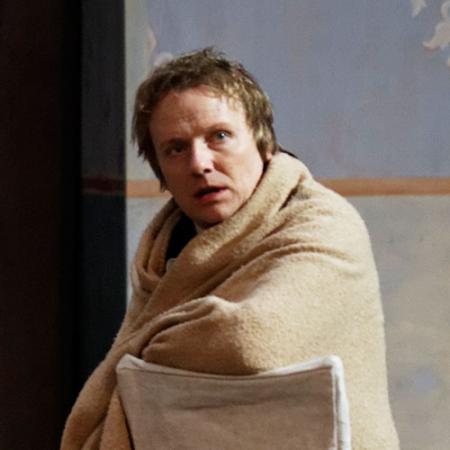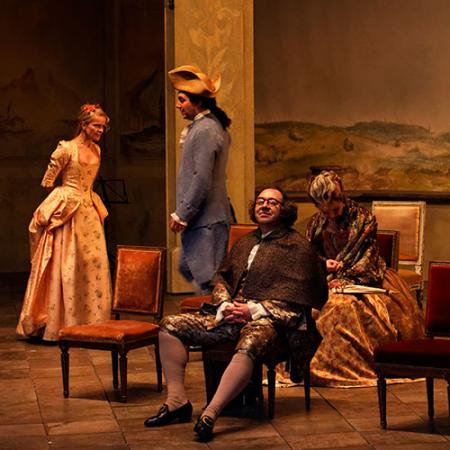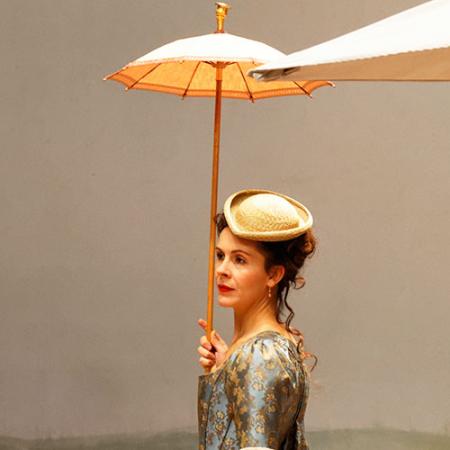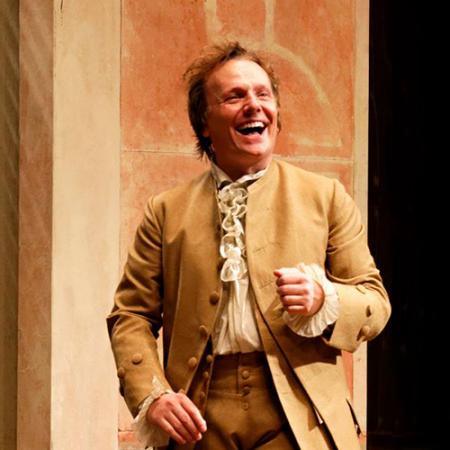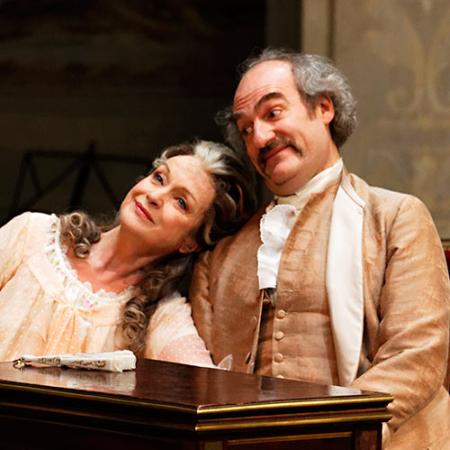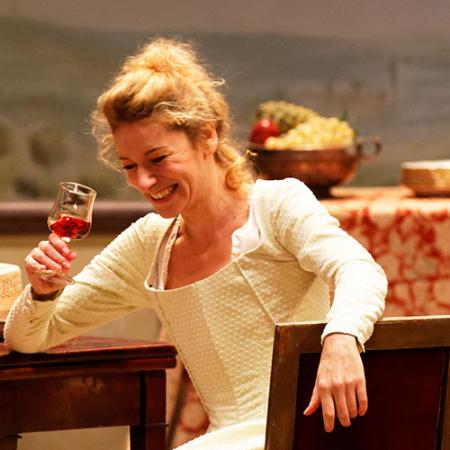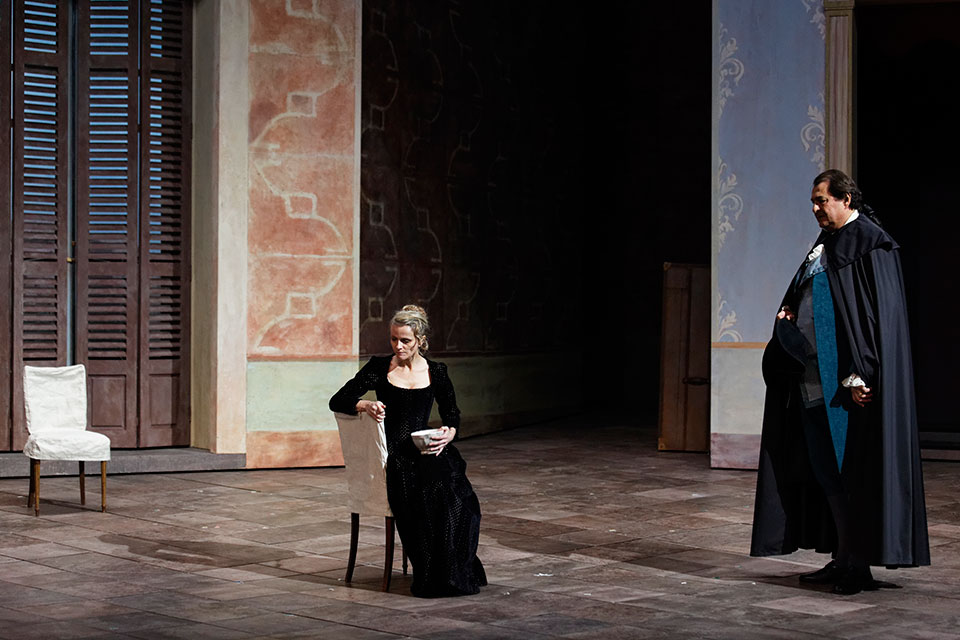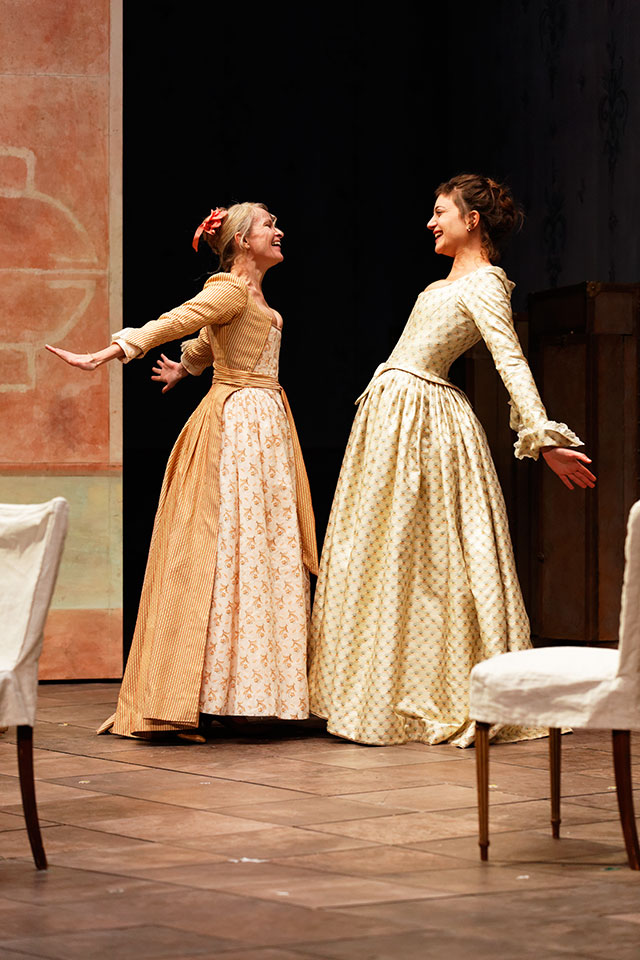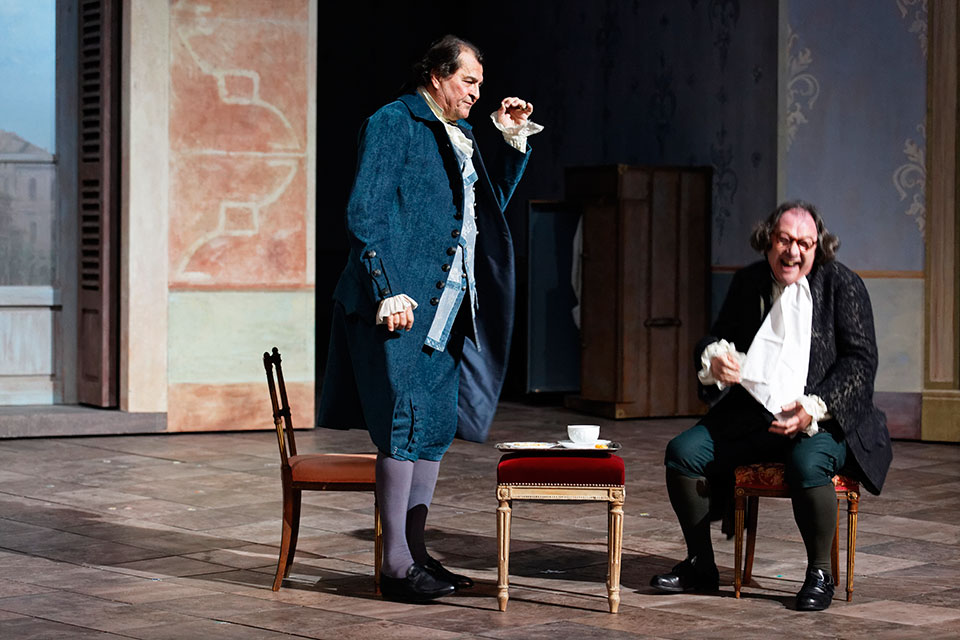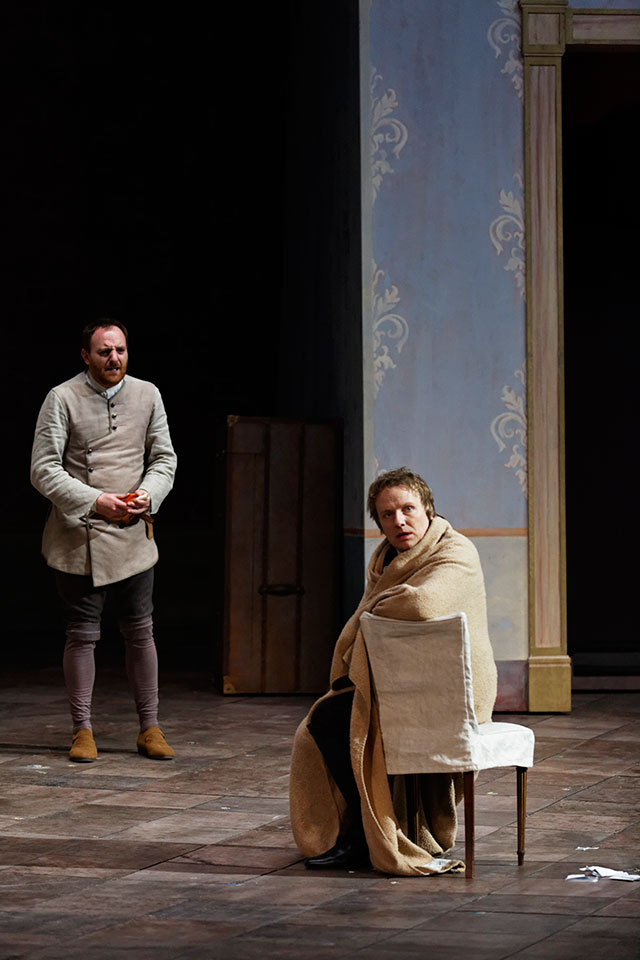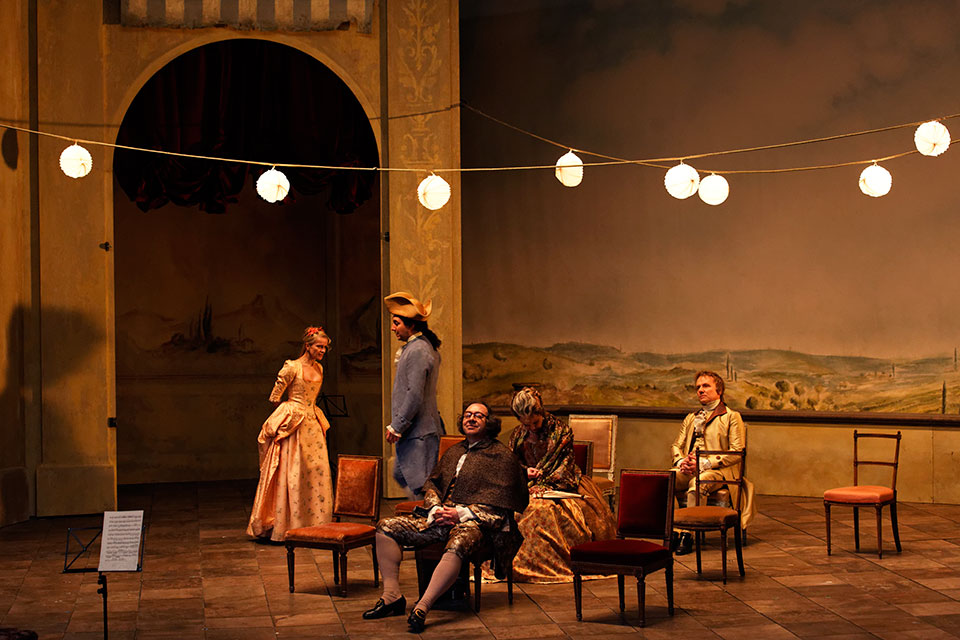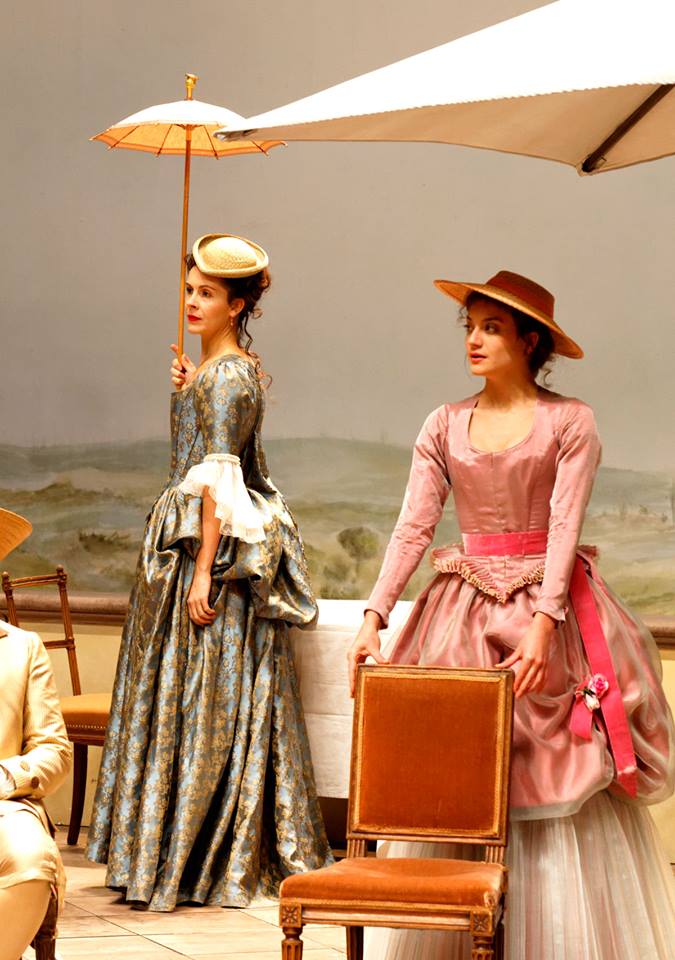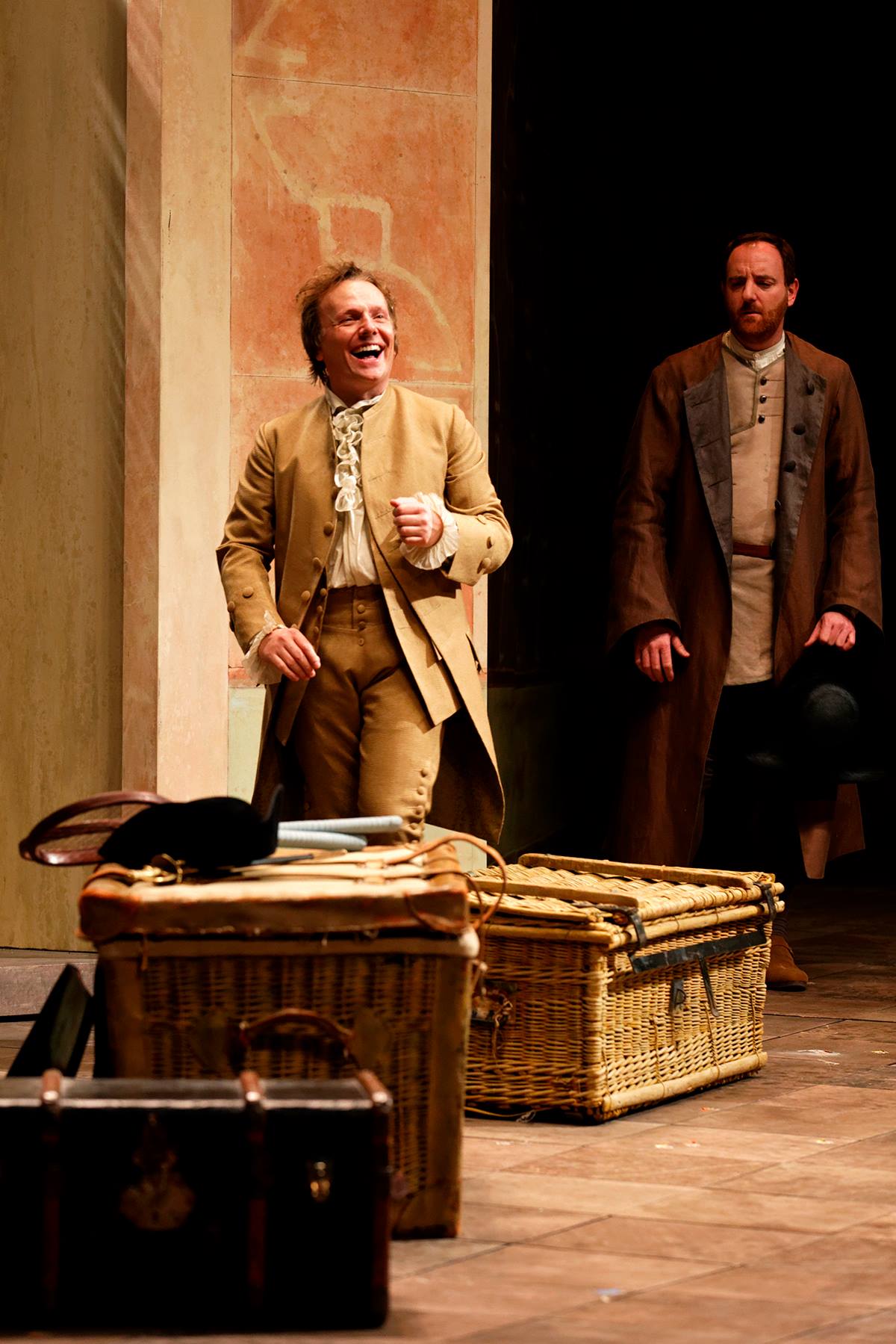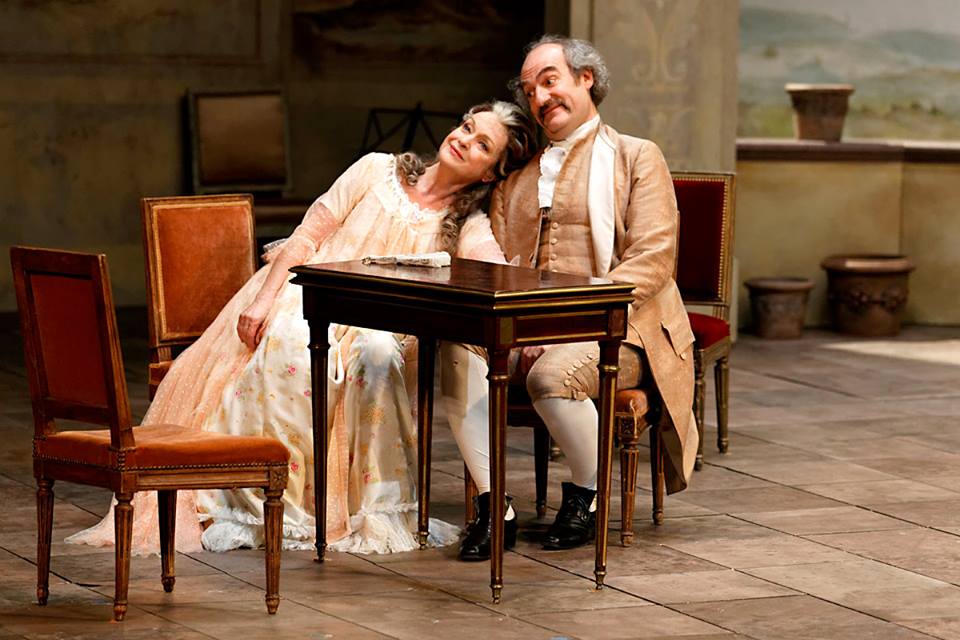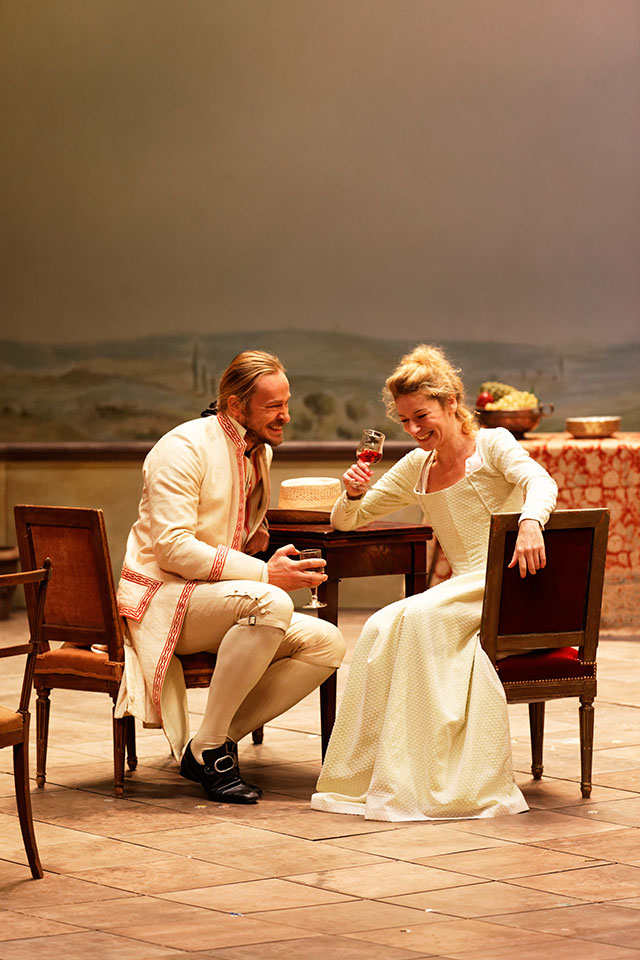La Trilogie de la villégiature
The Holiday Trilogy
by Carlo Goldoni
Directed by Alain Françon
Théâtre éphémère
Théâtre éphémère
La Trilogie de la...
2012-01-19 00:00:00 2012-03-12 00:00:00
The Holiday Trilogy recounts, in three episodes, the adventures of a middle class caught in the trap of appearances and that tries to compete with the wealthy aristocracy during a holiday in the country, even if it means going into debt.
Two families are feverishly preparing their departure in Off to the Country. In Adventures in the Country, loves and rivalries blossom in the pleasant setting of bucolic idleness, while volatile wealth evaporates. In Back from the Country, the family returns to Livorno and reality is restored as the arbiter of reason and feelings.
Carlo Goldoni, the author
Carlo Goldoni signed his first contract as an author in 1748 after a political and legal career. He supplied plays to companies and theatres in Venice and by 1761, when he was 54, he had already written more than half of his nearly one hundred and thirty comedies that attest to his knowledge of Venetian society as well as to his curiosity for more distant elsewheres. He opened up the Italian comedy by stripping it of its masks and stock characters; his comedies of manners prohibited improvisations. The Holiday Trilogy, performed in Venice in the year of his departure for France, was written in this spirit of theatrical reform. The three plays are designed to be performed independently or together, but for Goldoni, “the reader will better observe the continuity of the characters through the three different actions” (Preface). Leaving literary squabbles behind him in Venice, in 1761 he accepted the invitation of the Comédie Italienne to come to Paris, where he died in poverty in 1793.
Alain Françon, the director
A recognised figure in the theatre, especially for his stagings of Chekhov or Edward Bond, Alain Françon was artistic director of the Théâtre National de la Colline from 1996 to 2010. At the Comédie-Française he directed The Cherry Orchard in 2009 and Three Sisters in 2010 as well as Feydeau monologues in 2012. He stages the unsentimental “dying world” described in The Holiday Trilogy by one of the first playwrights to herald the supremacy of the text, here translated by Myriam Tanant. Unfolding in three different settings, this panorama exposes both the middle class and its servants, without the problems of the one having any precedence over those of the other. Perhaps only women and their concerns stand out from this “choral language”. More than thirty years after Giorgio Strehler, the richness of this “plurality of individualities” is revived for the three parts of this work, which are rarely performed together.
4:30 WITH TWO INTERMISSIONS
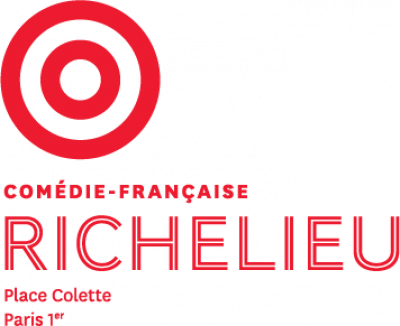
Creative team
French text: Myriam Tanant
Staging****: Alain Françon
Dramaturgy and staging assistant****: Adèle Chaniolleau Scenography****: Jacques Gabel
Costumes****: Renato Bianchi
Lights****: Joël Hourbeigt
Sound****: Daniel Deshays
Original soundtrack****: Marie-Jeanne Séréro
Make-up****: Carole Anquetil
Distribution
the company
-
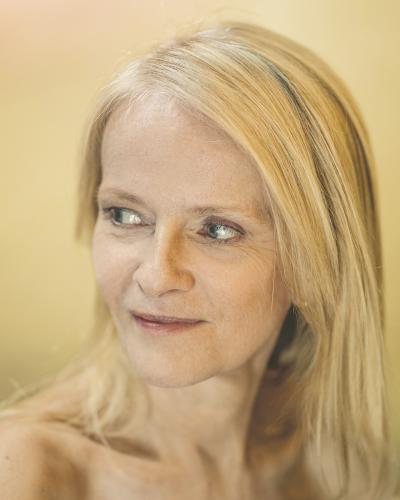
-

-

-

-

Jérôme
PoulyCecco
-

-

-

-

-

-

Adrien
Gamba-GontardTognino
-
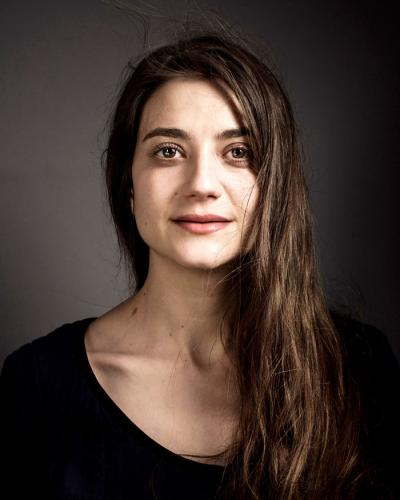
-
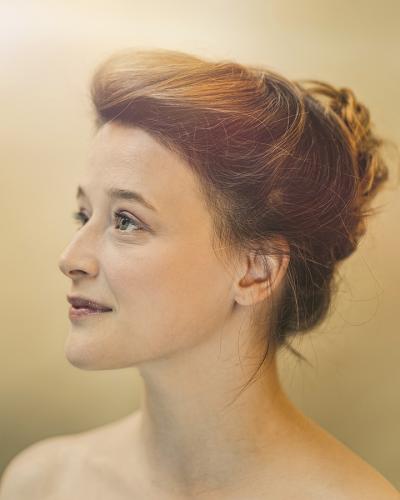
-
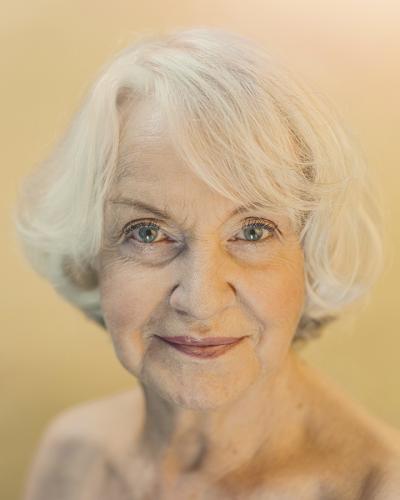
and
Floriane Bonanni: the Violonist (alternating)
Julie Oddou****: the Violinist (alternating)
